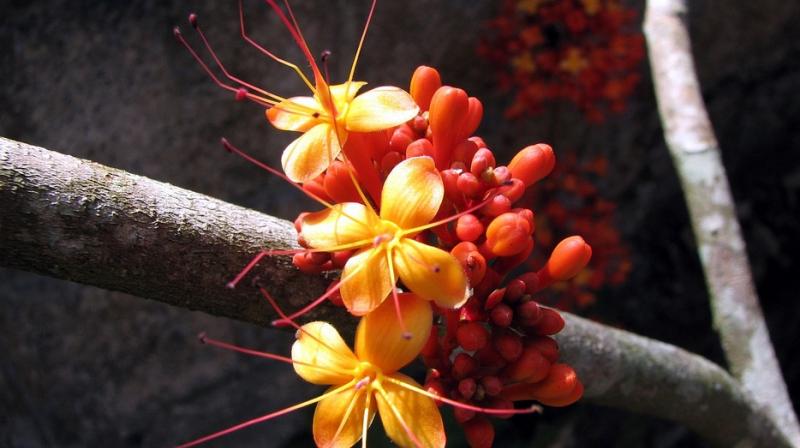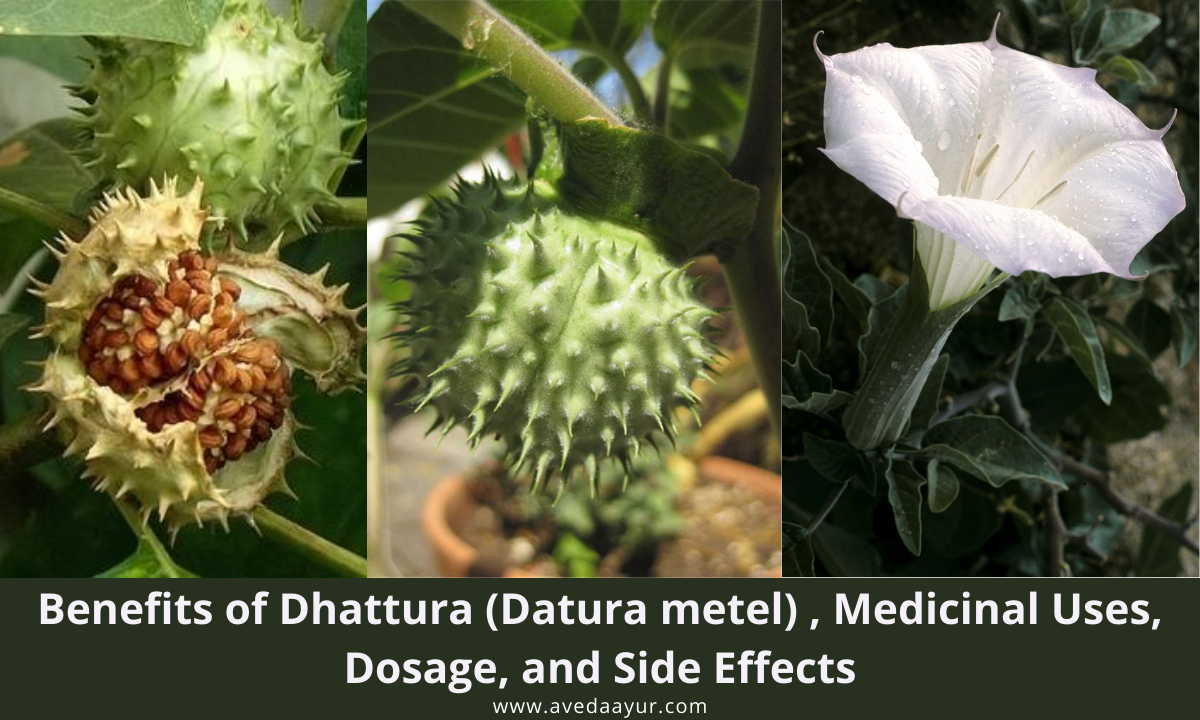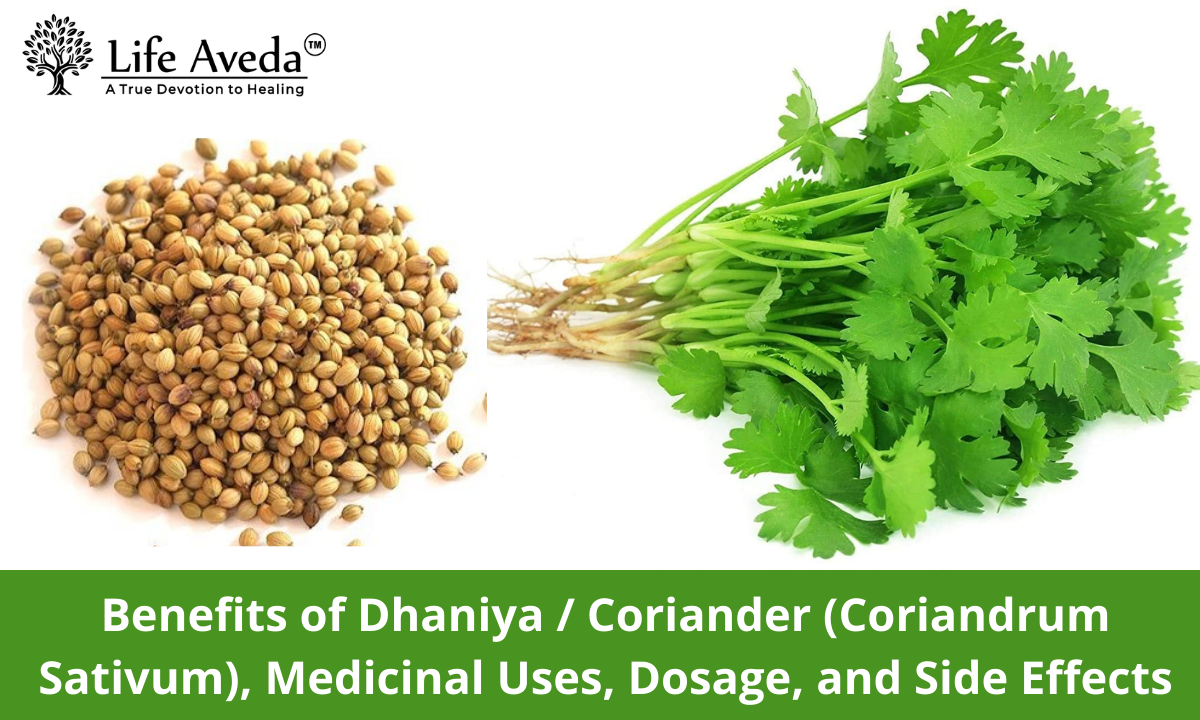General Info Ashoka ,Medical Properties, Uses, and Benefits
According to the ancient naming, Ashoka means – free from pain or soka. Soka means pain. Needless to say, because of its name, Ashoka has been a part of Indian Ayurveda since time immemorial. Ashoka is considered to be a pure and religious tree; an important part of Indian culture. It is believed to be a reliever of pain and ailments especially related to menstrual problems in females; hence called a female’s best companion.
The Ashoka The tree grows to an average height of 25 feet. it is one of the most unique trees, in which every part is laden with some healing properties or another. The tree is of leguminous origin. The seeds of the Ashoka tree are flat and around 1.5 inches in length.
The fruits that the Ashoka tree bears are smooth, leathery pods with ends tapering at both ends. The length of the seed pods is 12-20 cm and the width is 5cm. The Ashoka flowers are scented orange colored. The foliage on the Ashoka tree is dark green in color and spread out horizontally- rich in Carbohydrates and many acids.
The bark is otherwise smooth except with transverse ridges. It is the structure of the tree that makes it evergreen. Ashoka is used to treating both external and internal ailments.
Classification:
The Ashoka tree belongs to the Leguminosae family. Its scientific name is Saraca Asoca.The classification is gives as:
- Kingdom:
- Class: Plantae.
- Order: Fabales.
- Family: Leguminosae.
- Genus: Saraca.
- Species: Asoca/ Indica.
Habitat
Being an evergreen tree, Ashoka is a rain –forest tree native to Asia and South America. In India it is mainly found around the Deccan Plateau and along the Western Ghat, in the central and eastern India along the Garo Khasi hills. It is easily available in the coastal areas of India.
Ayurvedic Properties of Ashoka
As the name suggests – it is essentially a pain reliever. The bark of Ashoka tree is laden with all the requisite pain-relieving elements like – tannins, flavonoids, ketosterol, carbonic calcium, catechol, saponins, volatile oil etc. The leaves of the Ashoka Tree are packed with carbohydrates, tannins, gallic acid, egallic acid. The flowers of Ashoka is rich in saracasin, proteins, carbohydrates, and steroids. The seeds are loaded with a variety of fatty acids – palmitic, stearic, etc. It relives the vata kapha and pitta from the problems. The taste or rasa is kashay and tikta which is astringent and bitter. The guna of Ashoka is laghu and ruksh; i.e; light and dry. According to the Charak Samhita, Ashoka is pf cold potency, its viraya is sheeta . The taste converts to pungent after digestion so that its vipaka is katu.
Effects on Dosha
T has a cleaning and healing effect on tridosha. Ashoka provides relief through its cleansing properties – internal and external! It has analgesic and antidotal properties for external pain relief. For the internal cleansing of the nervous system, it acts as an analgesic. It heals the digestive system with its astringent, anti-dyspeptic, and anti-thirst properties It works on the cardiovascular system as a cardiotonic (hridaya) – to relieve the stress and pain of the heart; maintains the blood pressure and purifies the blood. It acts on the reproductive system by strengthening the endometrium, reducing the uterine pain and discharge; basically makes the uterus healthy, regulates hormonal balance. It makes the bowel passage easier by affecting the excretory system. Cools the body with the antipyretic effects.
Medicinal uses of ashoka
Ashoka can be used in various forms like a paste for external relief or can be ingested in the form of powder, juice, tablet, or churna for internal relief. Depending on the problem, Ashka can be used to benefit both external and internal problems. Hence the uses and benefits can be categorized as Internal and External uses:
External Uses:
- Shoka paste when applied on a wound externally relieves it of pain.
- Acts as an antidote when applied on poisoned areas.
Internal Uses:
- Relieves pain – especially the abdominal cramps in the females.
- Regulates and balances the hormones in females during the menstrual cycle.
- increases energy and stamina by providing relief by regulating the blood flow in r menorrhagia.
- Make s the uterus healthier by strengthening the endometrium walls.
- Reduces thirst and heals helminthiasis.
- Stabilizes blood circulation and composition and regulates blood composition.
- Acts as a cardiotonic and regulates hypertension edema and such heart-related concerns.
- It cleanses the system internally and makes the skin glow.
- Tretas dysuria and prevenst calculi.
- Reduces the burning sensation and results in lowering the body temperature and has an overall cooling effect on eh body.
- Treats the common digestive problems like bloating, diarrhea, dysentery, etc. having a cooling effect on the system.
Dosage:
- Syrup – 10 to 15 ml per dose.
- Seed Powder – 1 to 3 gm per dose.
- Flower Powder – 1 to 3 gm per dose.
- Bark Formulation – 15 to 30 ml.
Precautions:
- Learn about 13 Natural Hair Treatments You Can Make Right at Home.
- As much beneficial as Ashoka is, it is not recommended for certain individuals and categories of people.
- Not to be used by pregnant or lactating mothers.
- To be used under strict medical supervision as a cardiotonic.
- Overdose should be avoided, or else it will lead to constipation.
Note: Our purpose is to serve useful information related to Ashoka ‘s benefits, dosage, and other properties. It is advised to the patients not to consume Ashoka on the basis of this information. Before taking Ashoka as a medicine it is better to have an expert opinion because dosage and treatment vary from patient to patient depending on their symptoms and medical history.
Doctor Consultation Online: Get Personalized Consultation
At Life Aveda, we provide personalized diet consultation. In this, a doctor discusses the medical history of patients, does the root analysis on causes. After the deep analysis doctor suggest the necessary medication to the patient. To book a Consultation call on us at +91 7743002520 or click on the button to schedule an appointment with our expert doctors.
We Care For Your Health
- 100% PRIVACY PROTECTION
- VERIFIED DOCTORS
- QUICK RESPONSE







